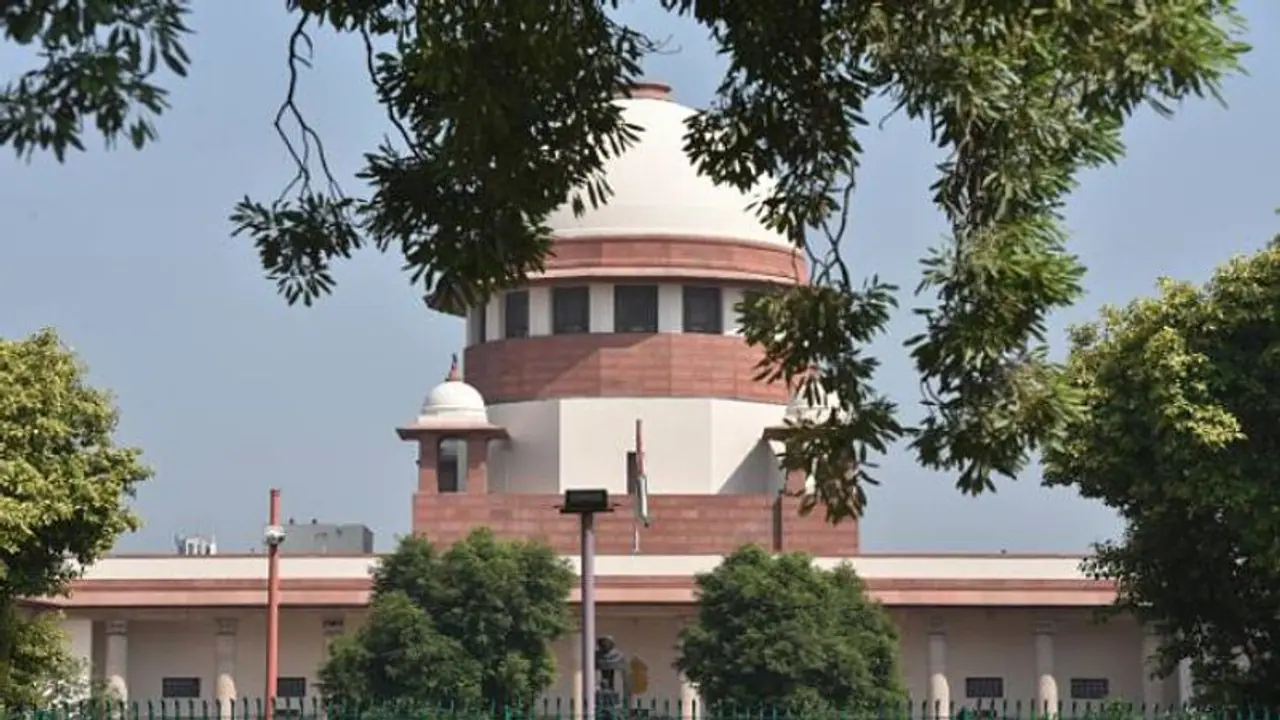A five-judge constitution bench of Supreme Court will pronounce a verdict on a batch of pleas challenging the government’s 2016 decision to demonetise currency notes of Rs 1,000 and Rs 500 denomination today.
The Supreme Court is scheduled to pronounce its judgment on Monday on a batch of pleas challenging demonetisation. In November 2016, the Union government demonetised currency notes of Rs 1,000 and Rs 500 denominations.

When the Supreme Court resumes operations after the holiday break, a five-judge Constitution bench led by Justice S. A. Nazeer, who will retire on January 4, is likely to issue its decision today. Justices B R Gavai and B V Nagarathna will each issue a separate ruling in the case, according to the high court's cause list from Monday. It is uncertain whether the two opinions will accord or differ.
Also Read | Rishabh Pant car accident: Uttarakhand govt to honour bus driver, conductor on R-Day for helping cricketer
Besides Justices Nazeer, Gavai and Nagarathna, the other members of the five-judge bench are Justices A S Bopanna and V Ramasubramanian. The top court reserved judgement after ordering the Centre and the Reserve Bank of India (RBI) to record all pertinent documents pertaining to the government's 2016 decision. Attorney General R. Venkataramani, the RBI's attorney, and the petitioners' attorneys, including prominent attorneys P. Chidambaram and Shyam Divan, presented their cases.
Chidambaram had claimed that the government cannot on its own launch any proposal pertaining to legal tender, which can only be done on the suggestion of the RBI's central board. He had called the elimination of the Rs. 500 and Rs. 1,000 currency notes extremely defective.
Also Read | Noida: Fight erupts between two groups at New Year Party after women forced for selfies
The RBI had previously acknowledged in its arguments that there were "temporary hardships" and that such were also a necessary component of the process of developing a nation, but that there was a system through which the issues that emerged were resolved.
